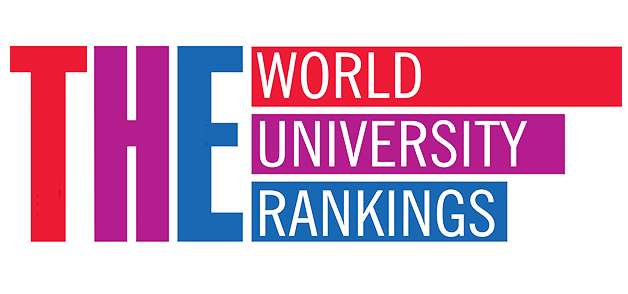Health Courses Online
Dive into an area of study that has never been so important as the world tackles a global health crisis.
Advance health outcomes in your community
With Monash online, you can drive innovation in the delivery of modern health. With our broad suite of courses, you’ll be primed to change lives with public health expertise above the rest. Accompanied by our School of Public Health and Preventive Medicine, your education will serve you in global contexts and ready you for any challenge.
Visit our individual courses or contact the Monash Online team and start your online study journey today.

Monash goes above and beyond making sure that there is appropriate networking opportunities for students, that is done through discussion boards in each subject, as well as numerous Facebook groups.
Ashleigh Rak
Graduate of Public Health

Career outcomes
The workplace of the future is an exciting and dynamic place. A Health degree is designed to equip you with the necessary skills to succeed in a constantly changing global environment.
What does the future look like for Health Managers?
Skilled Health Managers are in demand and well-paid, especially those who can lead businesses into the digital space.

Salary
$110,000

Industry Growth
+14.9%
News from Health

How to advance your healthcare career with postgraduate study



